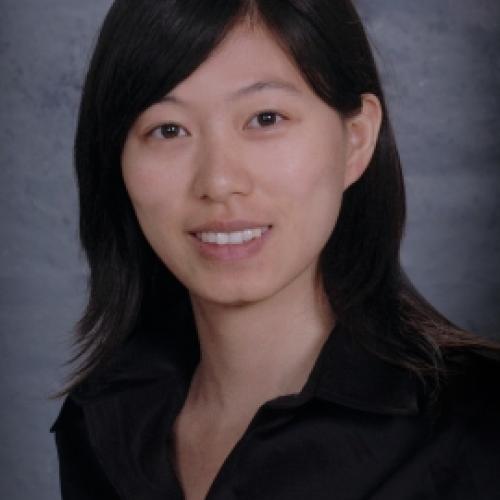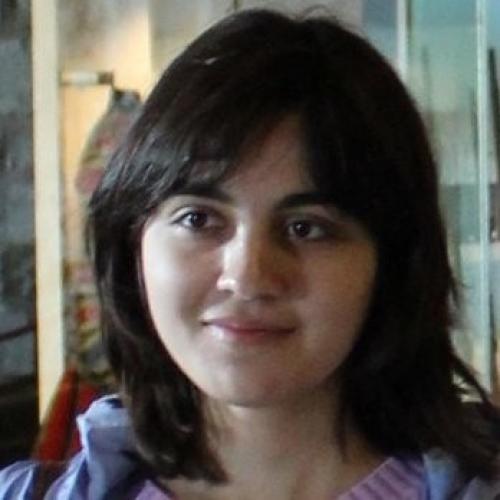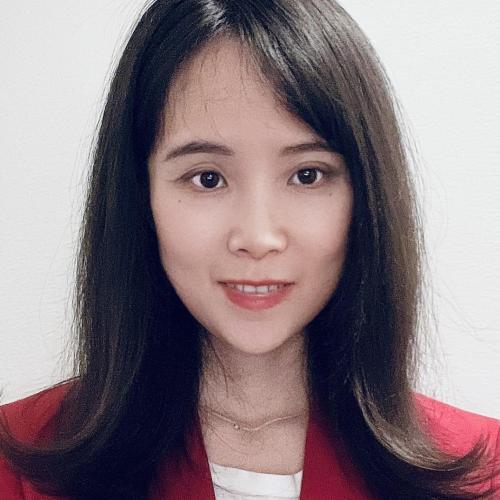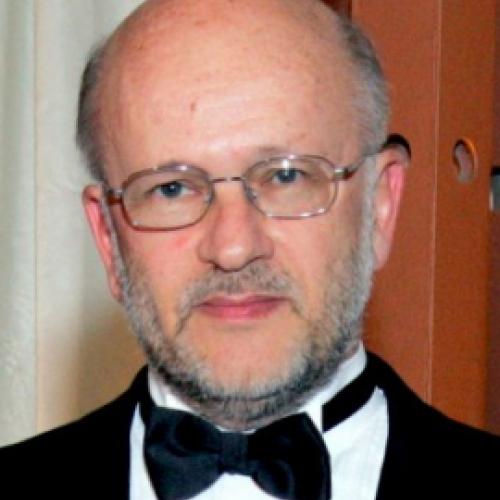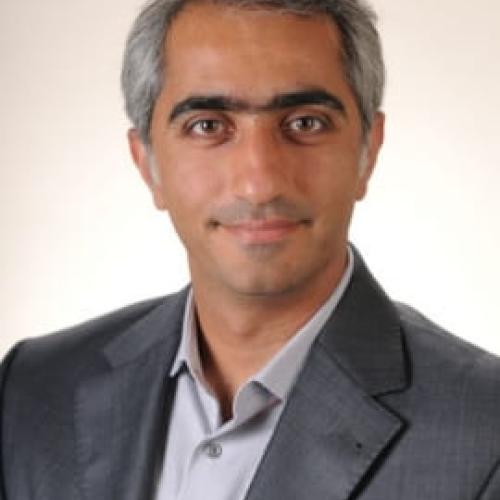Dr. Jianjun Shi is the Carolyn J. Stewart Chair and Professor in H. Milton Stewart School of Industrial and Systems Engineering, with joint appointment in the George W. Woodruff School of Mechanical Engineering, Georgia Institute of Technology. Prior to joining Georgia Tech in 2008, he was the G. Lawton and Louise G. Johnson Professor of Engineering at the University of Michigan. He received his B.S. and M.S. in Electrical Engineering from the Beijing Institute of Technology in 1984 and 1987, and his Ph.D. in Mechanical Engineering from the University of Michigan in 1992. Dr. Shi is a pioneer in the development and application of data fusion for quality improvements. His methodologies integrate system informatics, advanced statistics, and control theory for the design and operational improvements of manufacturing and service systems by fusing engineering systems models with data science methods. He has produced 40 Ph.D. graduates, 27 of which have joined IE department as faculty members. Among them, 7 have received NSF CAREER Awards and one has received the NSF PECASE award. He has published one book and more than 180 papers. He has served as PI and co-PI for projects totaling more than 25 million dollars, which were funded by National Science Foundation, NIST Advanced Technology Program, Department of Energy, General Motors, Daimler-Chrysler, Ford, Boeing, Lockheed-Martin, Honeywell, Pfizer, Samsung, and various other industrial companies and funding agencies. The technologies developed in Dr. Shi’s research group have been widely implemented in various production systems with significant economic impacts.
Dr. Shi is the founding chair of the Quality, Statistics and Reliability (QSR) Subdivision at the Institute for Operations Research and Management Science (INFORMS). He has served as the Editor-in-Chief of the IISE Transactions (2017-2020), the flagship journal of the Institute of Industrial and Systems Engineers. He also served as the Focus Issue Editor of IISE Transactions on Quality and Reliability Engineering (2007-2017), editor of Journal of System Science and Complexity, and advisory editor of Journal of Quality Technology and Quantitative Management (QTQM). He is a Fellow of American Society of Mechanical Engineering (ASME), a Fellow of the Institute of Industrial and Systems Engineering (IISE), a Fellow of Institute of Operations Research and the Management Science (INFORMS), a Fellow of Society of Manufacturing Engineering (SME), an Academician of the International Academy for Quality, and a member of National Academy of Engineering (NAE) of the USA.
Dr. Shi received various awards for his research and teaching, including the George Box Medal (2022), ASQ Walter Shewhart Medal (2021), The S. M. Wu Research Implementation Award (2021), ASQ Brumbaugh Award (2019), The Horace Pops Medal Award (2018), IISE David F. Baker Distinguished Research Award (2016), the IIE Albert G. Holzman Distinguished Educator Award (2011), Forging Achievement Award from Forging Industry Educational and Research Foundation (2007), Monroe-Brown Foundation Research Excellence Award (2007), the 1938E Award (1998) at The University of Michigan, and NSF CAREER Award (1996).
Carolyn J. Stewart Chair and Professor
Additional Research
System informatics and control
